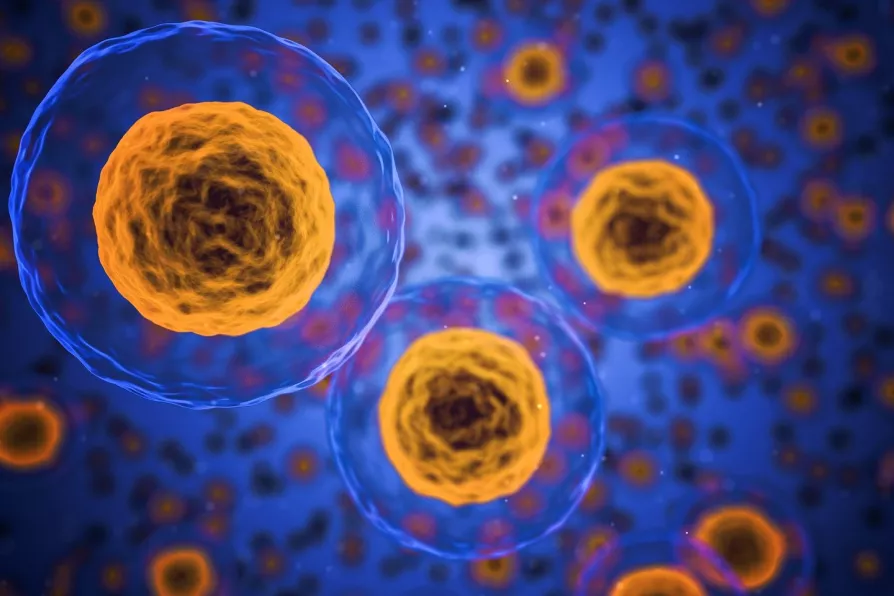As tens of thousands return to the streets for the first national Palestine march of 2026, this movement refuses to be sidelined or silenced, says PETER LEARY


IN THE coming weeks and months, the National Health Service will be tested to its limits, striving to save as many patients as possible who are seriously ill due to the coronavirus.
The surges in intensive-care patient numbers will cause major disruption to the routine work of the NHS, which includes crucial life-saving procedures.
One such procedure that has been particularly affected by international travel disruption has been stem-cell donation, for the treatment of conditions such as blood cancer.
Once the donation has been made, the stem cells need to be transplanted into the recipient within 72 hours.
Our immune system uses special structures on the surfaces of cells called antigens to recognise cells that belong to our own body (“self”).

New research into mutations in sperm helps us better understand why they occur, while debunking a few myths in the process, write ROX MIDDLETON, LIAM SHAW and MIRIAM GAUNTLETT

ALEX DITTRICH hitches a ride on a jaw-dropping tour of the parasite world

A maverick’s self-inflicted snake bites could unlock breakthrough treatments – but they also reveal deeper tensions between noble scientific curiosity and cold corporate callousness, write ROX MIDDLETON, LIAM SHAW and MIRIAM GAUNTLETT











